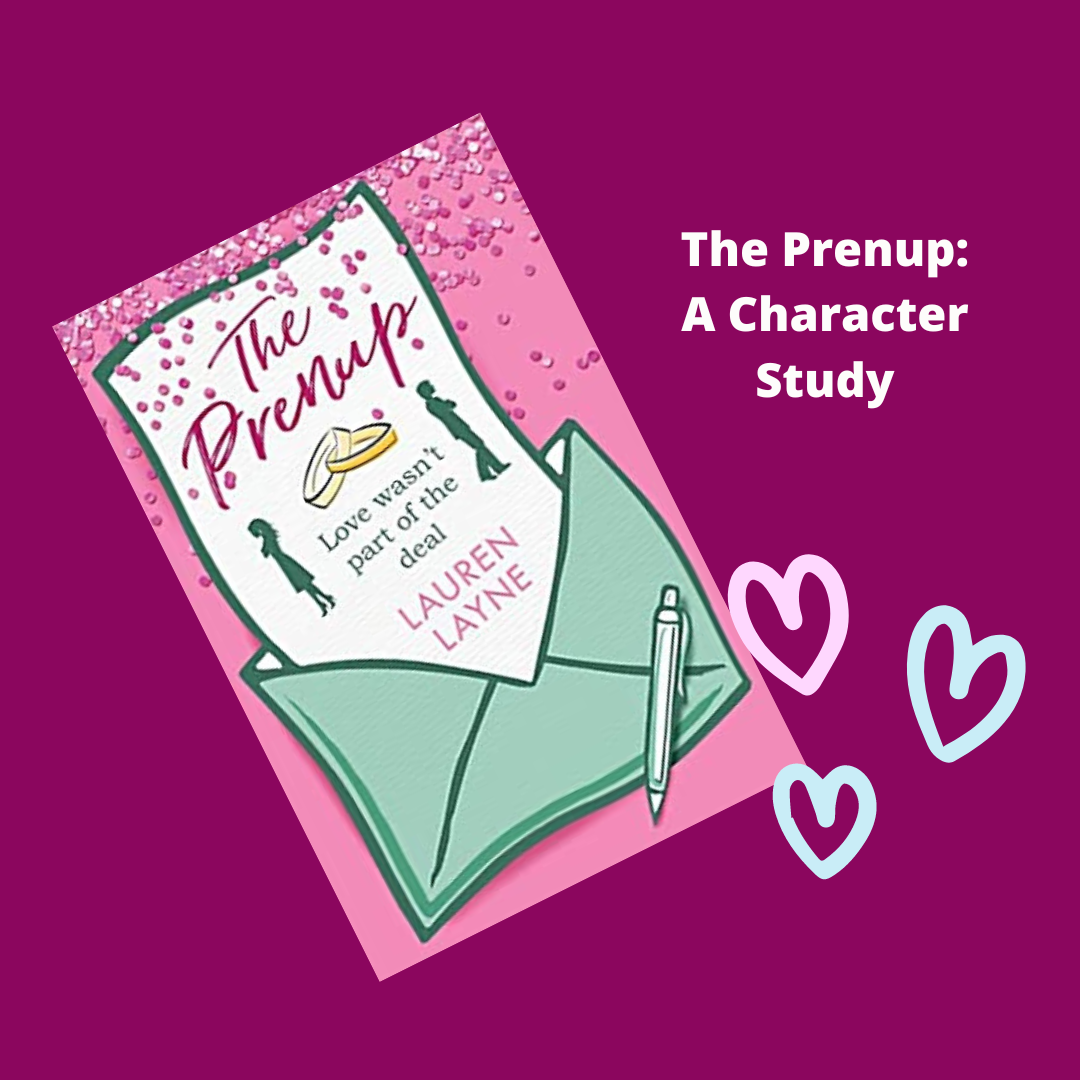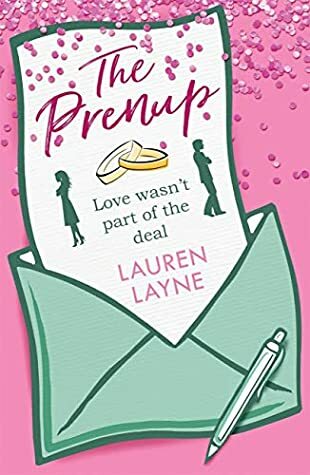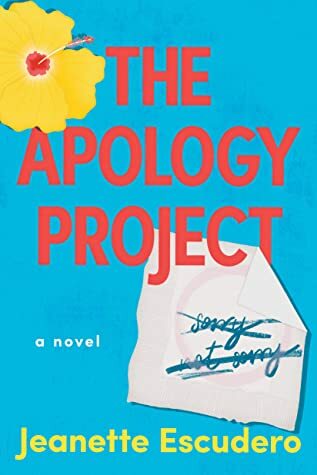 Of the five books I read in September, two earned 5 stars from me. Of those two, I had trouble choosing which should get my Best Book of the Month nod. How would I decide which I liked best? My conclusion: the book with the best main character. Because if there is one thing I have learned as a writer, it's that the main character makes or breaks most novels.
Of the five books I read in September, two earned 5 stars from me. Of those two, I had trouble choosing which should get my Best Book of the Month nod. How would I decide which I liked best? My conclusion: the book with the best main character. Because if there is one thing I have learned as a writer, it's that the main character makes or breaks most novels.
Here is the problem though. Both of the main characters start off a tiny bit annoying and then proceed to win my heart somewhere toward the end. Which is how I fell down a rabbit hole of research on what makes a novel's protagonist memorable. And loveable.
What Makes A Good Character Great?
What follows is my analysis of what makes a good main character great. Although I ultimately chose The Prenup by Lauren Layne as my top pick for September, the reason has less to do with Charlotte being a better main character than Amelia from The Apology Project, and more to do with how reviewers on Goodreads reacted to the main characters. Whether you are a reader aspiring to be an author, or an author trying to figure out why some of your books fly off the shelves and some don't, I hope my analysis helps.

Here is the setup for The Prenup. Charlotte, a well heeled Manhattanite with a trust fund, wanted access to her trust fund money so she could run off to California and start her own business. Colin, a Scottish friend of her brother's, needed a green card to stay in America. Charlotte and Colin marry after signing a prenup drafted by her brother and proceed to live separate lives.
Flash forward ten years. Charlotte runs a very successful start-up company and Colin, a lawyer, wants a divorce. The problem is that the prenup, which each of them signed without reading, requires them to live together for three months before either can file for divorce. Charlotte, because she can work remotely, flies cross-country to join Colin at his New York apartment where they must pretend to be married for real. Charlotte's parents have some hard feelings about Charlotte orchestrating the marriage ruse and running away from home.
The Protagonist Must Change Rule
An essential rule of novel writing is that the protagonist must transform in her journey through the pages. She should figure out what is important and what was missing at the start. She must have a problem she cannot avoid. (For a more detailed explanation of this rule, I recommend reading Wired For Story, by Lisa Cron, whose explanation of the concept I have barely touched upon here.)
When we first meet Charlotte, she is an intolerable fashionista, so full of herself that, other than showing up for the odd holiday with her parents, she wants nothing to do with her old life under the thumb of her New York parents. She also has a problem she can't avoid: If she wants to be done with her fake marriage, she must play nice and tolerate the inconvenience of living with the man who is by now handsome, successful, and adorably Scottish sounding. By the end, she grows into someone who is much more tolerable and loveable.
Charlotte becomes empathetic, more generous, and cognizant that the weirdo with a man bun she married is, though somewhat grumpy and repressed, companionable. Cue fun and games involving the green card police, driving lessons, and forced proximity in a hotel room. Any reader with a heart is on team Charlotte by the end of the book.
But let's take a look at how clever author Lauren Layne not only created a likeable character with whom I was sad to part company, but actually tapped into three "universal fantasies" that ensured most readers with a pulse would absolutely love her.
Sprinkling Magic Universal Fantasy Dust Onto a Story
What is a universal fantasy, you ask? Theodora Taylor, in her book 7 Figure Fiction: How to Use Universal Fantasy to SELL Your Books to ANYONE explains:
"Universal Fantasy is why readers feel things when they read -- why they connect with and enjoy books. It's that special, often uncredited thing that turns stuff like craft and structure into something readers actually want to consume." (p. 25)
Taylor lists all such fantasies that immediately resonate with readers and that separate an okay story from a compulsively readable one.
I identified three such universal fantasies in The Prenup that undoubtedly contributed to its eight-thousand-plus mostly positive reviews on Goodreads:
1) Earning a mother's (and in this case the father's) approval through talent and making a few of that parent's dreams come true.
2) Parent's forgiveness.
3) Not just any gift. THE RIGHT GIFT.
Without spoiling the book for you, and recognizing I maybe already did with items 1 and 2, let me assure you that Charlotte does indeed receive a gift that happens to be exactly what she wanted, as opposed to merely fitting the bill for this particular gift-giving plot point.
Did I feel things when I read this book? One hundred percent yes. I laughed. I swooned. I may have even shed a tear. That, my friends, is how you create a main character who, not only starts off flawed and ends up changed for the better, but gives a reader feelings, universal fantasy style, along the way.
Universal Fantasies Example Number Two
Which brings me to runner-up for Best Book of September: The Apology Project by Jeanette Escudero.
I won't spoil the plot for this one in case you want to draw your own conclusions, but here are the three universal themes that apply:
1) That one night stand is THE ONE.
2) Faithful dog protects, loves and fights for you unconditionally.
3) Social justice frustrations with the real world. (Taylor cites one of my favourite TV programs, The Good Place, as an example for this fantasy.)

The Apology Project gave me all the feels. I laughed, swooned and cried crocodile tears as I followed Amelia's journey. She starts off as ruthless and suddenly jobless. She throws herself a party no one attends. She ends up with a fuller, happier life, but not before giving me huge universal fantasy vibes along the way.
That said, enough reviewers cited parts of Amelia's journey that did not quite add up. I found these quibbles to be questionable. But the existence of reader unease gave me enough food for thought. How did I feel at the end of this book, compared to how I felt at the end of The Prenup? Honestly, at the end of Escudero's book, I felt good in a not quite as satisfying way. Thus, all my main character analysis was worth my while. It helped me tap into my actual feelings as I read and then finished the books. In one book I dreaded the ending because I did not want those feelings to end. In the other, I read along quite happily to the end, and felt rewarded. Not wanting it to end versus happy to finish.
Such is the nature of picking a best book from all the books I read in one specific month. Inevitably, a book like The Apology Project loses out by comparison despite its having checked all the boxes.
Thank you for reading my random thoughts and slightly organized analysis of how the protagonist's journey improves with a sprinkling of universal fantasy magic. If you got this far, please press the "like" button and/or share your comments below. I would love nothing more than to connect with you about what makes a good character great!
